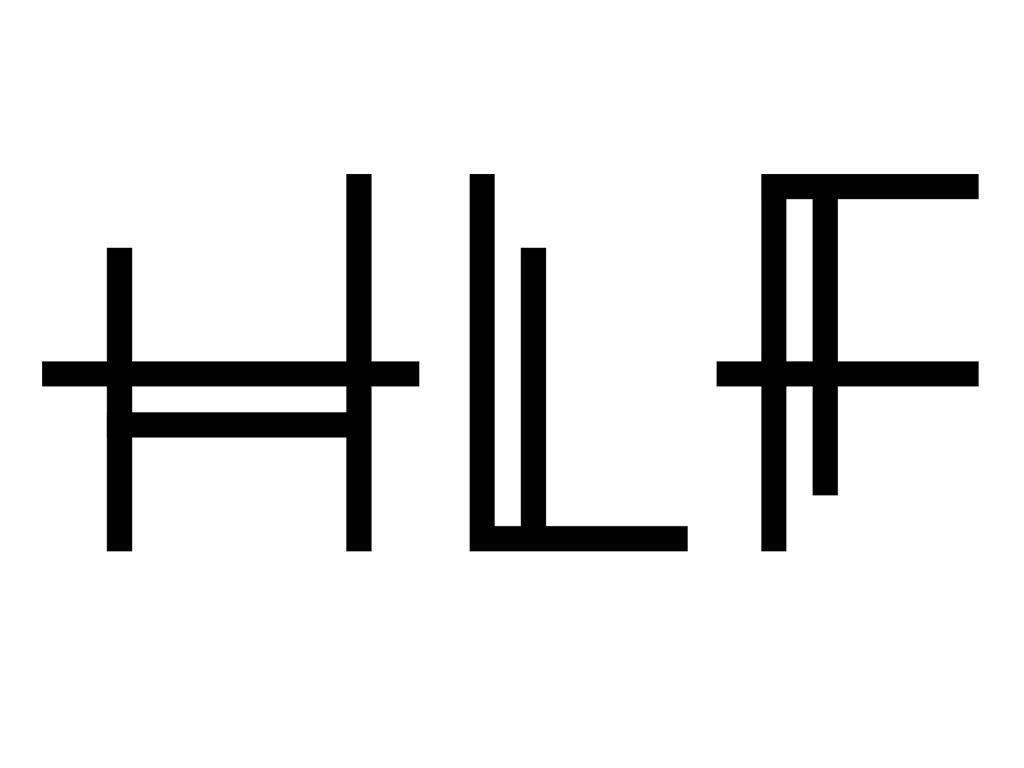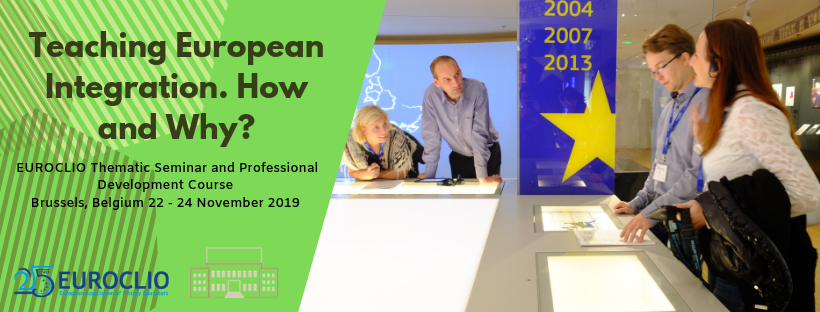rue Bélliard, Bruxelles
We are delighted and honoured to present the Training Seminar “Teaching European Integration. How and Why?”. The Training, which is the first training organised by EUROCLIO and the House of European History, will take place in Brussels, Belgium, from 22–24 November 2019.
The House of European History is a museum and learning forum established in Brussels with the support of the European Parliament. It aims at promoting the knowledge of the history of the European Union, as well as the understanding that there are multiple perspectives connected to it. Together, we will welcome 20 motivated history and citizenship educators from all across Europe. We will offer a programme full of active workshops, keynote lectures, feedback sessions and visits to the House of European History’s exhibition. The programme will focus on the theme: “Teaching European Integration. How and Why?”, and will make use of original educational material developed by the House of European History and by EUROCLIO.
Whether students, and people at large, like it or not, the European Union has a huge impact on everyone’s life. Every day, in fact, European citizens enjoy freedoms that would not have been at their disposal were it not for the Union, and are at the same time subject to rules and regulations that have been established by it. Furthermore, in the last decades, people’s identity has been increasingly influenced by their sense of belonging or not belonging to the Union, ultimately resulting in complex and multiple identity affiliations.
Nevertheless, students lack a clear understanding of what the European Union is and how it came to be. The day after the Brexit Referendum (23 June 2016), for example, the most researched question on Google in the United Kingdom was “What is the E.U.”.
With no knowledge of the EU and its history, it can be argued, students become disenfranchised, starting a vicious circle hard to break: the less they know about the EU, the less they understand the impact it has on them and on their identity, and the impact they can have on it, and the less they want to know about it.
History and citizenship educators are in a unique position: they can help students break this circle. They, in fact, have the possibility to promote, among their students, a clear understanding of the events that led to the creation of the European Union, of how it functions, how it came to be, and why it is a unique institution, results of unique choices and turns of events.
Unfortunately, however, teachers often encounter a series of obstacles when tackling the history of European Integration in the classroom. Among them, the most relevant are:
- a lack of time to devote to the topic;
- an dense, set curriculum, which allocates few lessons to the history of the EU;
- the lack of interest from students in approaching European integration and its history.
This training on “Teaching European Integration” will focus on how teachers can bring the history of the European Union to the classroom in an engaging and meaningful way. Participants will be equipped with a series of ready-to-use materials to teach the history of the European Integration, including materials that link the topic with national and world history, making easier to connect it with national curricula.
Throughout the seminar, participants will take part to active sessions (including workshops and feedback session) that tackle the history of the European Union from two different angles. First, the case for teaching the history of the European Union will be made, and European Integration will be put in the global and national contexts. In the second part of the seminar, participants will receive specific training on how to bring the history of European Integration in the classroom, making the concepts accessible to all students without sacrificing the complexity of the institutions and their history. They will also be introduced to material on how to discuss the European Union in the twenty-first century, and its impact on global history and people’s identity.

